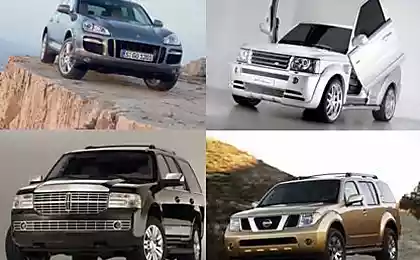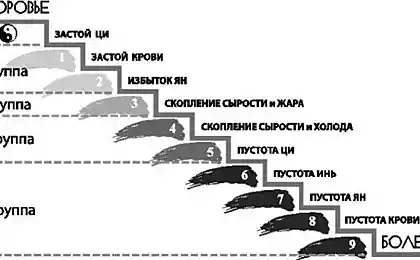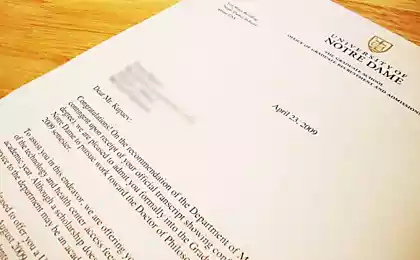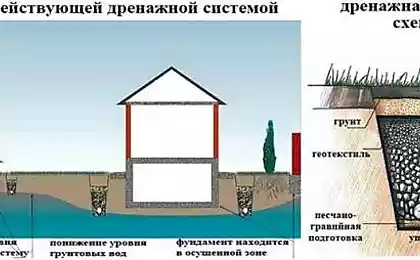1219
Types of interviews

In HR-long science has developed several classifications interview. We will focus on those types of interviews, which are most often used in practice and that you are very likely to have to face.
Sift interview: on clothes meet ...
Depending on the purpose distinguish 2 types of interviews - to sift and qualifiers.
Sift interview - this is the first stage of personal interaction with the recruiter candidates. Of all those who sent your resume to job, HR-manager selects applicants objectively meet the requirements of the vacancy. Of course, some applicants may be screened at the stage of job, if, for example, they do not have the required education or experience. Those whose resume complies invited to screen out (first) interview.
How to behave at the first meeting with a recruiter? As we know, the first impression is very important, so the main thing - to show themselves adequate person, motivated to work in the company. Calm business clothes, discreet make-up and, of course, polite. Think carefully about the answer to a fairly traditional question: "Why do you want to work from us?". Be the professionalism and commitment of the company. Do not hesitate to ask questions about the content of future work - it will emphasize your motivation high. But at the door to ask for leave or about the schedule of the dining room is not necessary - the HR manager can doubt that you are focused on work.
Screening interviews - a talent contest?
If sift interview went smoothly, you will be invited to a second interview - qualifying. At this stage the company is more than one candidate. Most likely, each of which corresponds to the objective job, but it has its own strengths and weaknesses.
Screening interview - a kind of contest applicants for the position. Most likely, it will involve not only the recruiter, but also your potential supervisor. During the conversation, you have to demonstrate that you are a great specialist. Tell us about your accomplishments (give specific examples), emphasize what exactly you can be useful company. Ask questions about the specifics of the work - it is better to think in advance (and even record), so that nothing is forgotten emotion.
Was born, educated, married ...
Depending on the content of isolated biographical, situational,
criterial, stress and comprehensive interview.
What is the biographical interviews, it is clear from the title. Most likely you in one form or another offer to talk about their experiences, about where and when you bought it, what school graduated, etc. "Why did you decide to do it in this university?"; "Why did you leave your first job, if all went well?"; "Where did you learn to work with the codes?" - These questions should not put you in a dead end.
Think carefully about which angle is better to present his biography, which place the emphasis, as silent and tell that much detail. Arrange children's entertainers? In detail, tell us how to work a counselor at a summer camp, which organized games out there, but the work as a waitress is enough to mention in passing. Applying for the position of PR-manager? It is not necessary to remember the details, as you have learned in a technical college (what to focus on non-core education?), Better tell us how mastered his profession in the course of which PR-actions you particularly successful.
Remember: you can not deceive recruiter, with lies nobody has managed to make a career, to the same words of the applicant is easy to verify by contacting, for example, the advice of his former supervisor.
Imagine ...
Situational interview methods to evaluate the candidate's work, his thoughts, and to understand what challenges they will cope himself, and with what he would need a safety net.
During the situational interview recruiter usually offers companion cases - real or hypothetical situations with which the applicant may face in their work. "What do you do if a customer refuses to deal literally five minutes before signing the papers?"; "What do you do if known newspaper to publish a comment on behalf of the president of the company, not agreeing with you the final version of the text?" - Questions can be very different.
Answer them in accordance with their ideas of proper operation. Do not worry: once you are invited to a job interview, it means that the relevant experience you probably have. And in this case, and cases hardly seem to you too complicated.
Criterial interview
Somewhat similar to the previous type of interview and criterial interview. The applicant must answer the questions asked by the recruiter (usually a whole list, but the questions are mostly standard). Questions and will kind of criteria for evaluating your willingness to work in the company.
It should be noted that this method is applicable not too often: the interviewer is likely errors in the interpretation of your answer. However, if you were to become a member of criterial interview, answer as honestly and use the baggage of his professional experience.
"Another mediocre candidate Complain ...»
Chance to get to interview more stressful for those who are on duty have a lot to communicate with people - managers to work with clients, call center operators, PR-manager and others.
Strategy of behavior on the interview can be a stressful one - behave maximum restraint and calm, in any case not stoop to rudeness and vulgarity. Well, if the behavior of the recruiter, in your opinion, over the edge, you can interrupt the "interview" with the words: "I think our conversation is not too constructive. Let's either seriously discuss the vacant position and my business acumen, or completed a fellowship. " If you say it calmly and with dignity, you can assume that the stress interview completed.
Integrated interview
However, recruiters are rarely used in pure form biographical, situational stress or criterial interview. Most often, the interview is complex: for example, first you talk about the details of your biography, and then HR-manager will offer you a couple of cases. Or first interview will be stressful, and then go down to normal and acquire biographical character.
In addition, the complex interview often involves several company representatives at once - for example, personnel manager and a potential leader.
Individually or collectively?
In form of the distinguished individual and group interviews.
A personal interview you will the main character - HR Manager (or possibly head) will only talk to you. Advantages of this method for the recruiter are obvious: the interview easier to create a climate of confidence, the candidate has the ability to answer questions in more detail.
Group interview is typically used in a mass recruitment of personnel (eg waiters positions in major chain restaurants). In this case, HR-manager has the ability to evaluate several candidates with the least loss of time. How to behave at a group interview? Behave naturally, but try to show their best qualities - take the initiative to ask questions, speaking leader if you have a tendency to lead.
Business lunch
Interview and classify the place and method of their conduct. The interview can take place in the office, in a cafe or restaurant, as well as by phone or Skype.
What distinguishes an interview in the office of the interview in a restaurant? Experienced HR-managers argue that fundamentally nothing: in both situations you need to prove yourself to a professional person familiar with the rules of business etiquette. If you are invited for a business lunch interview, do not rush to order a few dishes, because your main goal here is not the food. Behave like an ordinary interview, while paying attention to the correct use of cutlery. Chance to get an interview at a cafe more from those who claim to a leadership position, or those who for whatever reason can not come to the office.
My phone rang ...
As for the interview by telephone or Skype, most often carried out in a way only the first sift interview. This allows you to simplify and save time recruiter and applicant.
So, if you call from a recruiter, spoke briefly, but not one word that clearly answers the question. If you are around a lot of background noise that can interfere with the conversation, it is better politely apologize and offer to call back in a while. Confirm that the vacancy you are interested in, if necessary, briefly describe your experience. Try to write down key information - you can dictate the names (for example, a potential leader), a possible meeting dates, etc.
Interview on Skype - a task a little more difficult, but it is quite feasible to any applicant. Be prepared for the fact that the recruiter absentia appreciate not only your speech (as it would be during a telephone conversation), but also your appearance. So home shirt is better to change his shirt, and a dog - temporarily locked in the bathroom.
Good Luck!






















